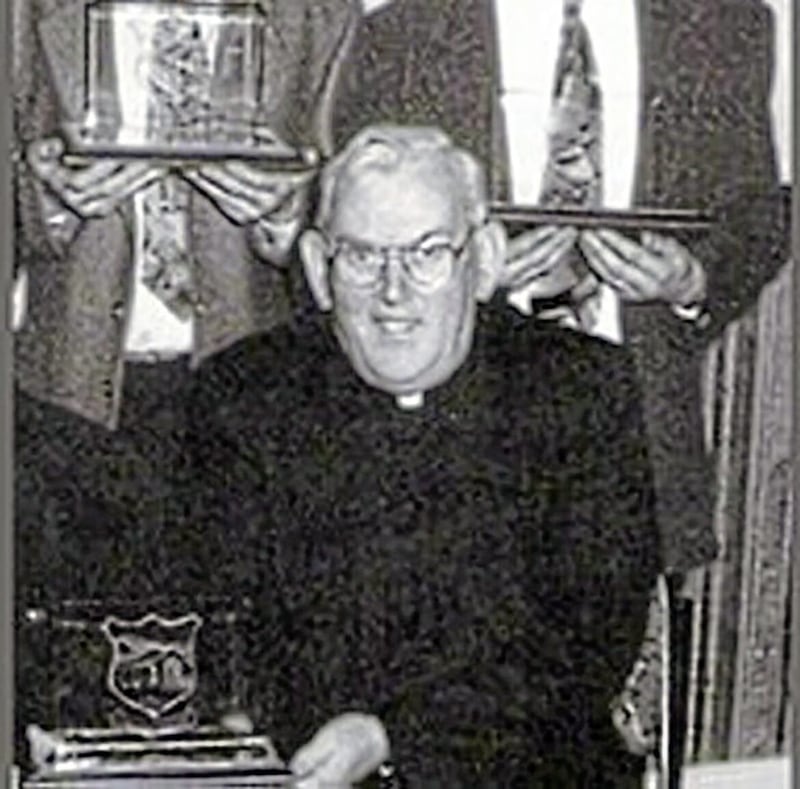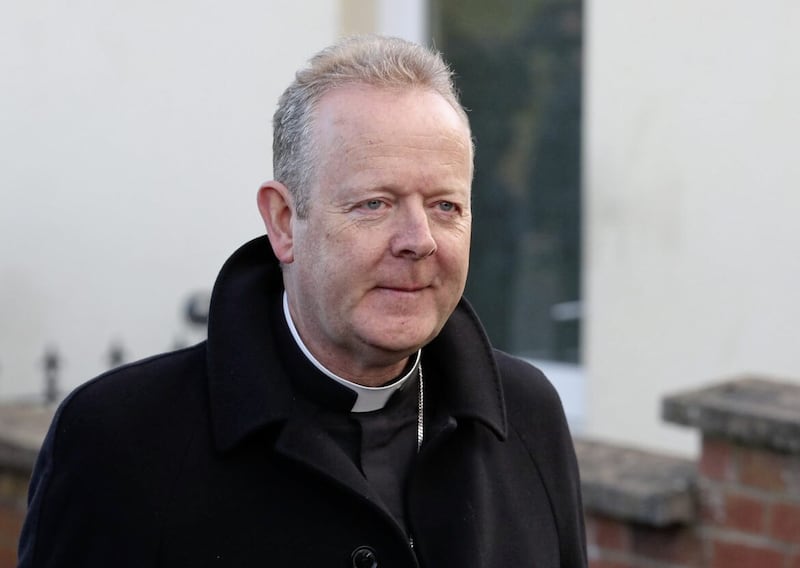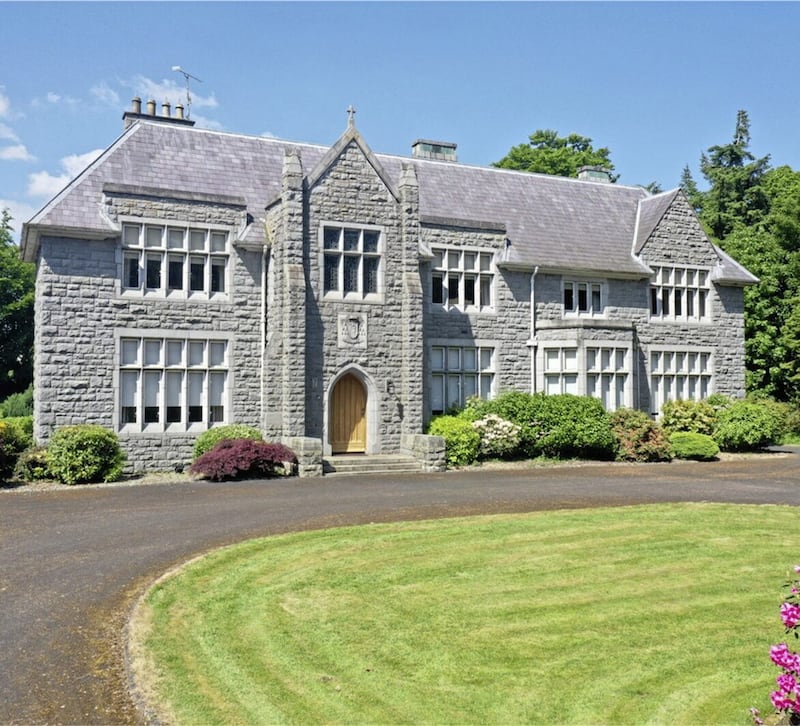Even during a period of rapid change in the Catholic Church and how religion is observed in Ireland, there is huge symbolism in the Diocese of Dromore's decision to sell off its bishop's house and 27 acres of prime land in Newry.
Proceeds from the sale – which could realise around £3 million – are earmarked to go towards the diocese's liabilities arising out of the clerical child abuse scandal. This includes the vicious physical, sexual and psychological abuse perpetrated by the notorious paedophile Fr Malachy Finegan.
Some will also see it as symbolic that the property being sold surrounds St Colman's College. It is where Finegan perpetrated so many of his crimes in a reign of terror that was at least in part enabled by his status as the school's president. Other diocesan property is likely to be sold.

Dromore has been without its own bishop since March 2018, when Bishop John McAreavey resigned in a scandal linked to Finegan. He had concelebrated Mass with the paedophile when he was already fully aware of the allegations against him.
Read more:
Dromore diocese could raise £3m from sale of Bishop's House and land to compensate abuse victims
Diocese of Dromore extends clerical abuse redress scheme
Since then, the diocese has been under the stewardship of an Apostolic Administrator; first Bishop Philip Boyce and, since April 2019, Archbishop of Armagh Eamon Martin. The diocese may never have its own bishop again.
Archbishop Martin and other senior figures have been attempting to deal with the litany of legal actions, compensation and settlements arising from the actions of abusers like Finegan.
That this, rather than concentrating on growing the Church and preaching the Gospel, has become the lot of an archbishop is its own commentary on the Catholic Church's status in 21st century Ireland.

In a letter to parishioners in the diocese, Archbishop Martin said he had prioritised responding "to survivors of abuse who continue to search for truth, healing, and restitution" and that the diocese was taking steps – including the sale of land and property – to "meet its financial and other responsibilities for the awful sins and crimes of abuse in the past".
It is thought that the diocese has already paid approximately £2.5m in legal settlements for abuse claims, while a similar amount has been set aside for a redress scheme.
The other side of the Catholic Church's response to abuse has been the development of professional safeguarding structures, including the training and vetting of those who work with children and vulnerable people. It has also funded counselling services.
These are entirely necessary steps for an institution which failed its sacred duty to protect children.
Selling property is the least the Church can do to in some small way make amends for the crimes of the past, and to ensure such depravity cannot happen again.








